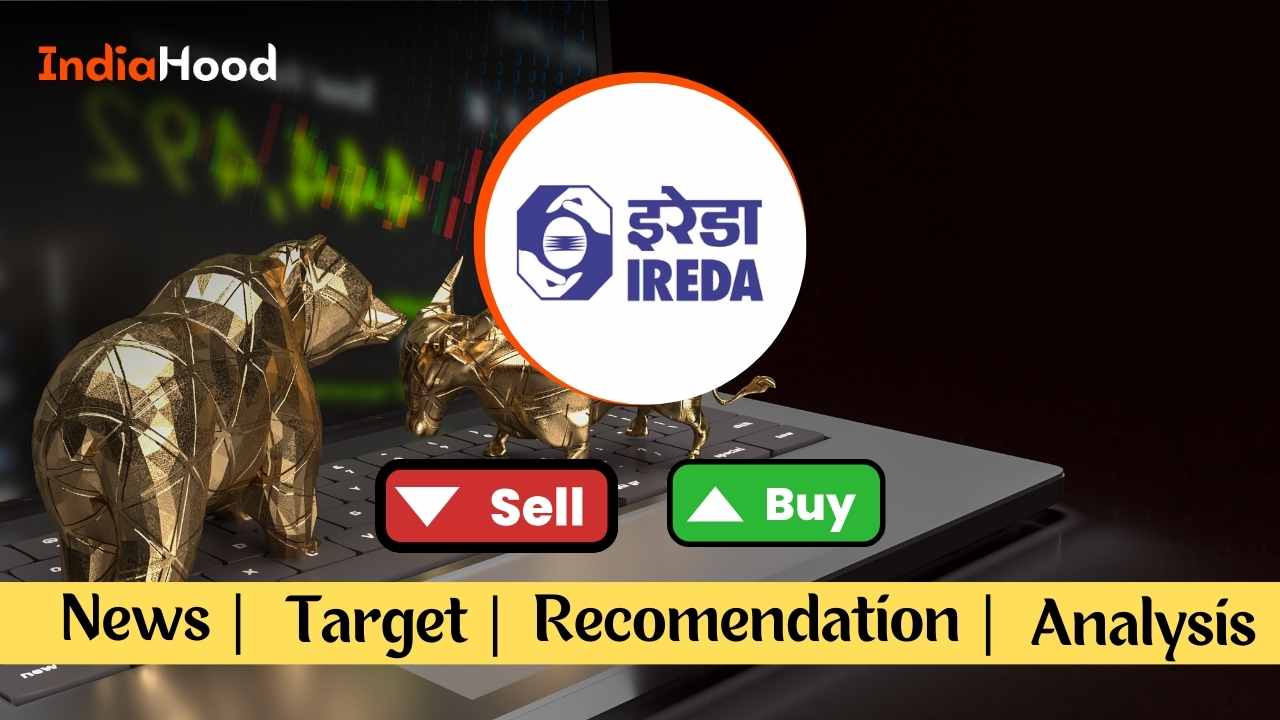India’s Rising Retail Inflation: Implications and Market Sentiments
In September, India experienced a surprising surge in retail inflation, as indicated by the Consumer Price Index (CPI), which reached a nine-month high of 5.49%. This uptick has raised concerns among investors and economic analysts about the possibility of the Reserve Bank of India (RBI) delaying anticipated interest rate cuts, potentially affecting investor sentiment negatively.
Drivers of Inflation
Higher food prices—particularly in essential commodities—are the primary contributors to this inflation spike. Despite remaining within the RBI’s medium-term target range of 2-6%, the current figure surpasses market expectations. Economists had predicted a gradual easing of inflation by December, basing their forecasts on RBI’s projection of an average inflation rate of around 4.5% for the financial year 2025. However, the recent data suggests that this may not materialize as expected.
Delayed Rate Cuts and Market Reactions
Market analysts are now recalibrating their forecasts, with some suggesting that the potential for a rate cut could shift to the first half of 2025. While there’s a faction hoping for a December rate cut, the prevailing sentiment is one of caution. The RBI’s decision-making is heavily influenced by global economic conditions, including actions taken by the US Federal Reserve, which recently signaled a readiness to cut rates amid fluctuating economic indicators. Nonetheless, the RBI is facing pressure to balance inflation management with the overall stability of the financial system.
Investment Strategies Amid Inflationary Pressures
Given the uncertainty around inflation trends, financial experts are advising investors to adjust their strategies. The Q2FY25 inflation rate slightly overshooting RBI’s forecast has created a climate where reevaluation of investments is prudent. Analysts suggest focusing on sectors that historically perform better during inflationary periods.
Sector-Specific Recommendations
Experts like Sujan Hajra and Manish Chowdhury emphasize that selective investments in high-quality assets, such as large-cap stocks in banking and IT, may provide stability. HDFC Bank and Infosys are specifically highlighted as companies likely to navigate this inflationary phase effectively. Analysts predict that with the approach of winter, there could be a subsequent reduction in food prices, enhancing the earnings potential for these sectors.
Long-Term Perspective Required
Investment advisories recommend maintaining a long-term investment horizon and caution against knee-jerk reactions to monthly inflation data. Classes such as consumer staples, healthcare, and utilities are viewed as safer options that typically exhibit resilience against inflation. The notion that the recent inflation surge might be more of a transient phenomenon due to seasonal factors rather than a long-term trend is gaining traction among experts.
Conclusion
With complex factors at play within the Indian economy, such as core inflation levels, agricultural output due to favorable monsoon conditions, and fluctuating global economic indicators, the road ahead remains uncertain. The anticipated adjustments in RBI’s monetary policy will be critically observed by investors. As such, preparation and strategic foresight will be essential to navigating an investment landscape characterized by volatility. Investors are encouraged to prioritize safety while maintaining a diversified portfolio to weather potential economic shifts.
Disclaimer: The insights and recommendations presented in this article reflect individual expert opinions and are for informational purposes only. For personalized investment advice, please consult with qualified financial professionals.












